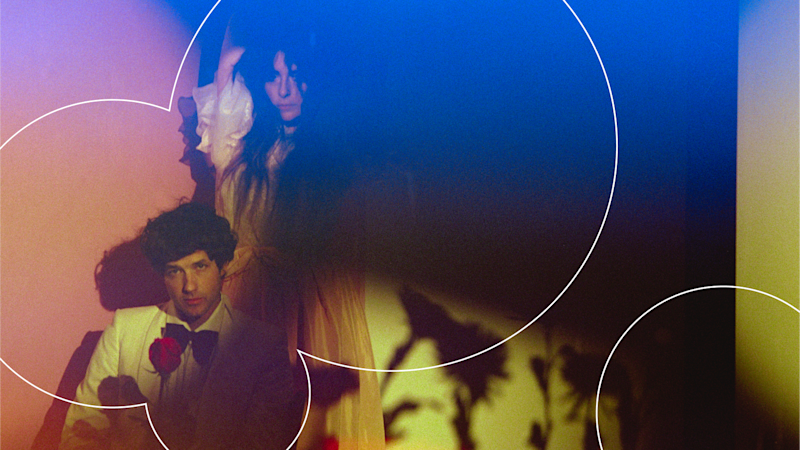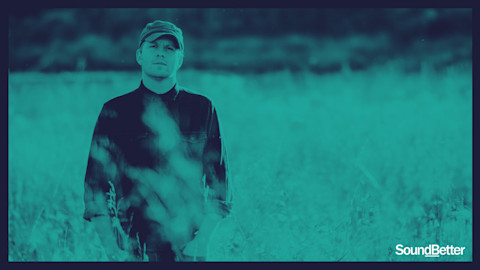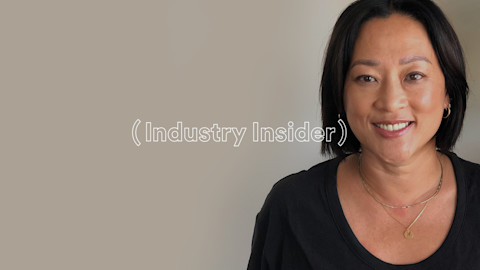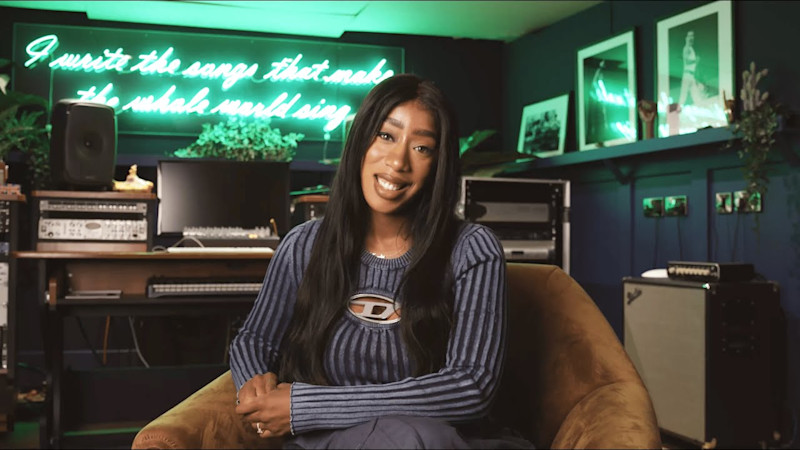Social media has made it easier than ever for artists to connect directly to their fans. Each platform has its particular strengths, but no one social media platform can actually encompass all your pertinent information. Enter the humble "official website"—distinct from fan websites, your Wikipedia page, or any of the other sites and pages that may be about you but are not necessarily controlled by you and your team.
The advantages of an official website
Essentially, maintaining an official site provides a single destination where everyone—fans, record execs, managers, journalists, Spotify curators—can see what you’re up to and figure out how to get involved in whatever way they’re looking to engage. Because you have control over it, you can make sure the facts of your activities, your background, and your career are 100 percent accurate, and you can keep it up to date with current photos and other information that you feel is important to your image and your relationships with the public.
It'll be a time-saver for you in the long run. If you provide, for instance, media kits and press photos on your website, neither you nor anyone on your team will have to spend time responding to inquiries from journalists with photo and bio attachments. It can be the best way to make sure your fans flock to your shows and flaunt their devotion, because you can keep your tour dates and merch store where they're easy to find.
A website also proves that you're a pro who takes your career seriously. For potential team members like managers and booking agents, a well-run site is a clear sign that you're serious about what you’re doing, and lays out how active you are—that you’re working regularly, you’ve got a release to promote, you’re headed toward the next big thing. And as a creative outlet, it gives you another chance to assert and control your visual identity.
The really great part about having an online spot under your control where all of these assets exist is that it can work as a hub from which you can point people to all the other places they may want to engage with you. All of your social channels and your Spotify page can be easily linked on every page, and of course, you can link back to your site from those other outlets when it's appropriate.
For an excellent example of this type of artist hub, take a look at Lucy Dacus’s official website. It’s simple and clean. You can get in touch, check her live dates, watch her videos, stock up on merch, sign up for her mailing list, and get in touch with her team. It has purchase and streaming links for all her releases, and points to her social channels. It places you in the center of Lucy’s online universe.
How do I make one?
If you have the funds, you could hire a designer to create a website for you. But if you're on a tight budget, the news is good: It’s never been easier to put one together yourself, usually via what’s known as a "website builder"—a program that provides pre-made templates (you can also use your own code) to create a site. Most website-building services come with a price tag, but it's not a steep one. For what they offer, the investment is fair, and using one will certainly be more cost-efficient than hiring a web developer.
Resources like Wix and Squarespace are website-building giants. They’ve both been at it for a while and have a broad range of design templates. You can create custom pages as well as pick from pre-existing ones to set up everything you need, and they’re also positioned to optimize your website for mobile interfaces, so it’s easy to navigate on a phone or tablet. With a website builder, you’re often given a URL that includes the service’s name in it, but you can purchase your own unique domain name through a registrar like Domain.com or GoDaddy, or even sometimes the service itself (Wix does this), and use that URL with your built site. Most website-building services can walk you through every step, making the whole experience a lot less daunting than it might sound.
There are also music-specific website builders like BandVista and Bandzoogle that provide you with features like built-in music players and metrics that tell you how fans are using your site and the media on it. And there’s Music Glue, which helps artists set up online merch shops. In some cases, the bigger website builders have existing shop options that are configured for commerce, meaning they have the tools in place to take orders and securely process payments.
Do’s and don’ts
A lot of the do’s and don’ts for making your own website are design-related. For instance, you don’t want to clutter up pages with too much information (visual or text) or use complicated fonts that are tough to read. Make sure it’s easy to navigate; users shouldn't have to strain their eyes to find the menu. Working with website-builder templates is an easy way to avoid a lot of simple design mistakes.
On the information side, here’s a checklist of useful things to include:
- "About" page: Usually includes some kind of bio
- "Tour" page: A listing of show dates with links to buy tickets
- "Press" page: This can contain media kits, press releases, audio, videos, press photos, one-sheets, etc.
- "Contact" page: Ideally this will have links to email addresses for appropriate team members and is not a contact form
- "Shop" page: This is the place for merch
- Social links (usually inserted as widgets)
There are also some extras you can throw in, which aren’t necessary but can add to the fan experience. Blogs, for instance, can be an excellent place to share thoughts and messages that might not make sense on a social channel.
The official artist site remains the best tool for fans and industry professionals alike to find what they need to understand you and engage with your work. And it’s just a few clicks away.
—Matt Williams






